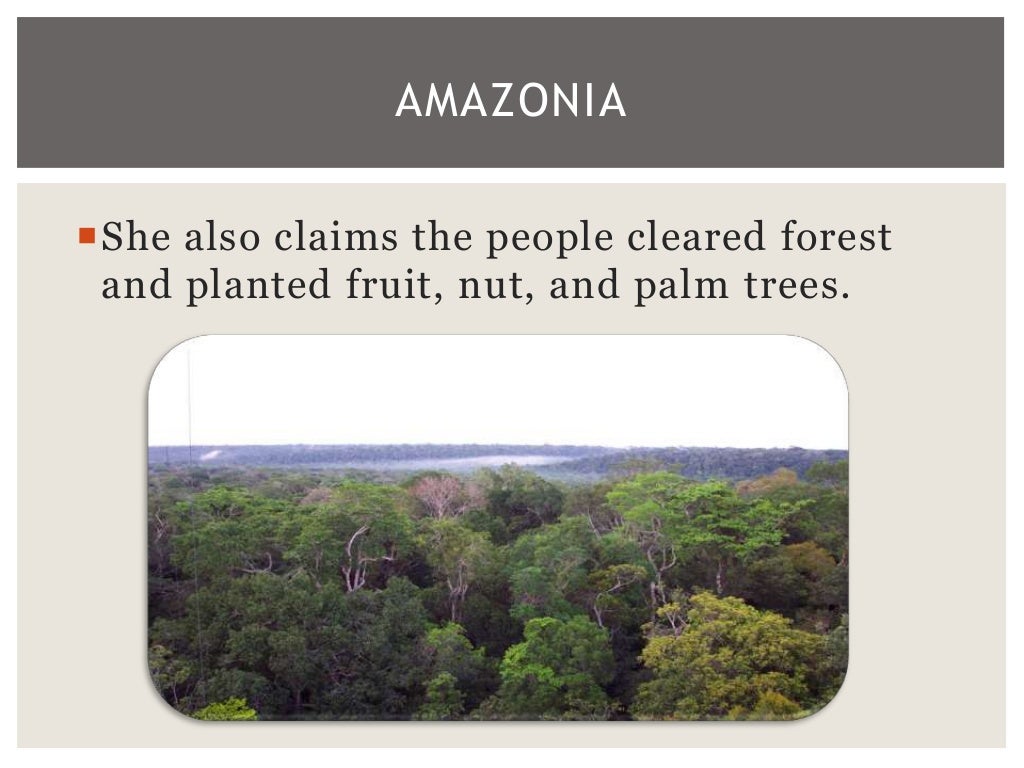
Because of Native American art and their ability to think about ideas outside of their needs for survival it is obvious that a form of history was possessed. Their use of colors and many symbols have aided historians as they piece together the aspects of Native American life. In the book, Mann spotlights a poem written for a Mesoamerican founding figure that attempts to answer the question, “What happens when we die? ” Lines in the poem such as, “Like a painting, we will be erased” (138) further answer that puzzling question.Īlso, evidence of Pre-Columbian art, such as mask and totem poles, are another example of advancements in Native American ideas. For example, one of the many beliefs debated in Native American cultures was the idea of life after death. This is true because humans are unable to function without a sense of purpose.

A common factor in all complex civilizations is the possession of beliefs. In addition, Native American ideas, religions, and philosophies provide an unexpected aspect into Pre-Columbian complex cultures. Therefore a form of history was present in the Americas before the arrival of Europeans in the year 1491. Native American action’s in using American soil as a tool to build civilizations serves as a key factor in proving that they did create complex societies. Native Americans also exercised American land by farming many unique crops, such as maize and squash, during the Neolithic Revolution. These forest fires helped re-nourish the land, spark a new season of growth, and create a food supply for themselves and animals. One of the major ways that Native Americans maintained American land was by starting forest fires. According to Mann, Native American groups such as the Mayans of Mesoamerica, The Inca of Peru, & the eastern tribes of North America have altered American land in a plethora of ways. In contrast, newly found evidence, as explained in the book 1491, suggests that Native Americans exercised and maintained the land just as, or even better than, that of the Europeans.


Historians and others have often shared the common belief that when Europeans arrived in the “New Land”, they were encountering a pure and nourished gift from God.


 0 kommentar(er)
0 kommentar(er)
